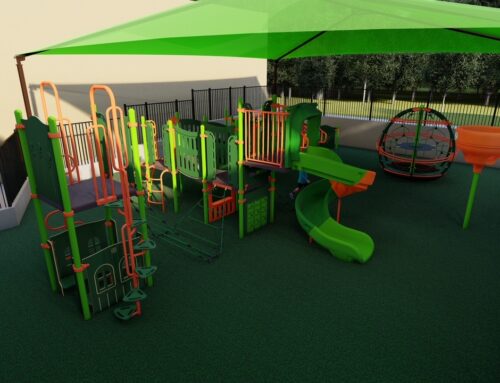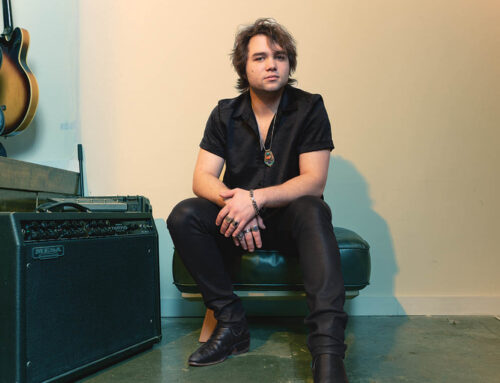Guinea is a West African nation that is home to thousands of war refugees from Sierra Leon and Liberia. The society there faces plenty of problems, such as high risks for infectious diseases and low literacy rates.
So what does Guinea have to do with our neighborhood? Well, for the students at St. Alcuin Montessori, a lot.
Students at the school are working with Guinea students in an attempt to help solve international issues as part of Challenge 20/20, a global education program.
“It’s so much fun,” says Jessica Snyder, a sixth-grader in the program.
That kind of enthusiasm about a school curriculum might make you raise an eyebrow, but this program isn’t like any lesson found in a book: Instead, it pairs kids with a foreign sister school, allowing students to collaborate on tackling a global problem with local solutions. The big idea is to expose kids to cultural diversity while raising their global awareness.
The National Association of Independent Schools sponsors the program, and this is the first year St. Alcuin Montessori has been selected to participate.
Challenge 20/20 is open to public and private schools, and it was inspired by the book “HighNoon: 20 Global Problems, 20 Years to Solve Them,” written by former World Bank vice president Jean-Francois Rischard. The book explores issues such as global warming and widespread poverty. Schools participating in the Challenge 20/20 project select one of the problems outlined in this book and attempt to devise a solution. St. Alcuin students chose to focus on issues concerning education.
The students first researched Guinea’s history, culture and government. This research was woven into everyday curriculum. For example, researching Guinea’s climate and location is a lesson in geography.
Then, they wrote students at the Sabu International School in Guinea to find out what education is like there.
Seventh-grader Celeste Galey says they discovered big differences between the two countries.
“Here in Dallas, sometimes kids will drop out of school because they want to, but over there they sometimes drop out because they have to,” she says. “Just getting to school there can be hard.”
Galey says talking to kids in Guinea has been a real eye-opener.
“It really makes me appreciate my life here, where I can go to school with no problem.”
Roseline Ngaaje, director of the school’s all-day program and program committee member, says that’s exactly the kind of lesson that makes Challenge 20/20 such a valuable teaching tool.
“It’s a great opportunity to open their minds to the rest of the world,” she says. “Sometimes, it’s easy to get locked into just what’s going on around you, instead of realizing what’s going on in the rest of the world. We want these students to see the big picture and learn to think globally.”
Ngaaje is a native of the West African nation of Cameroon, where she was a teacher. She says her African descent has been instrumental in helping St. Alcuin students learn about that part of the world.
“They know me, so they feel comfortable asking me questions about what life is like over there,” she says.
Linda Bartley, middle school instructor and director of the outdoor education program, says after students in both countries have identified common problems in education, they will each use that knowledge to make a difference in their local communities.
“They will learn more through doing community service,” she says. “It could be tutoring younger kids or helping a family literacy agency. It will be an activity to encourage some children in Dallas to enjoy their education and stay in school.”
Then, students will prepare a report highlighting their work for NAIS. A panel of experts in global issues and education will judge all the reports and select three standout projects. These kids will receive partial funding to attend the NAIS Institute for Student Leaders, an international conference for students held annually in London.
Ngaaje says ultimately, she hopes the students take away a larger life lesson from this program.
“I want them to realize that even if they only do something small, it can still have a big impact on the world – even if they don’t see the fruits of that labor in this lifetime,” she says.
“We know these are big problems, but we’re trying to make a difference, even if it’s a small one.”





